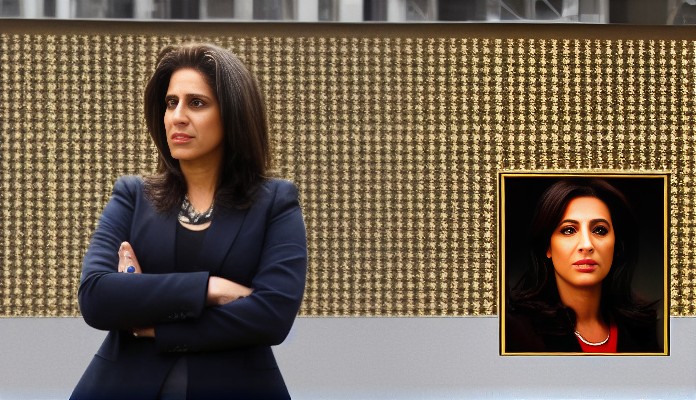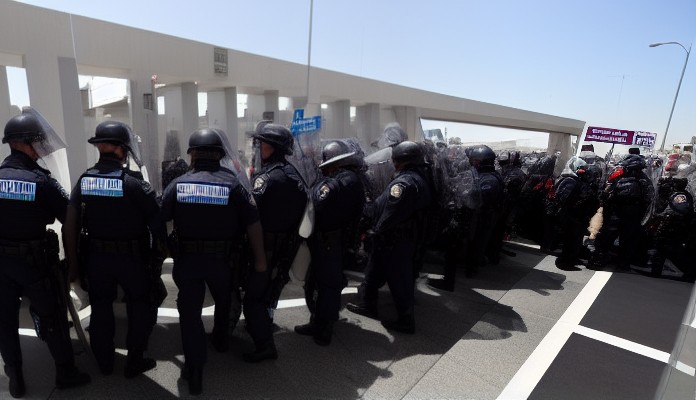Sara Sharif's High-Profile Case Raises Questions About Terror Laws and Due Process
Politics
 This article introduces Sara Sharif, a British citizen who has been accused of plotting to carry out terror attacks following her return from Saudi Arabia.
This article introduces Sara Sharif, a British citizen who has been accused of plotting to carry out terror attacks following her return from Saudi Arabia.
As a journalist and reporter for ANN Network News, I have been following the legal battle between Sara Sharif and her family members in the UK and Pakistan regarding their siblings' future. The case has been causing a lot of commotion in both countries, with both sides making their respective demands.
The dispute began when Sara Sharif, who is the daughter of Pakistani former cricketer Imran Khan, was taken into custody by British authorities on suspicion of terrorism-related charges after she returned from Saudi Arabia, where she had gone for medical treatment. Her father Imran Khan denied any wrongdoing by his daughter and claimed that she was being targeted by British authorities for her political views.
Meanwhile, the sibling's family members in Pakistan also filed an appeal against their detention, saying that they were being held indefinitely without charge or trial. They alleged that the British government was using double standards and taking advantage of their family's high-profile status.
However, the British authorities claim that they have sufficient evidence to hold Sara Sharif, who they say poses a threat to national security. They have not revealed what evidence they have to support their claims, but sources within the intelligence community suggest that there may be some connection between Sara Sharif and extremist groups.
The case has drawn significant attention due to the high-profile nature of the individuals involved. Sara Sharif is the eldest child of Pakistani cricket legend Imran Khan, who played for England during the 1970s and 1980s. She has been a vocal critic of the Pakistani government's treatment of minorities, particularly women, and has been accused of promoting extremist ideologies.
In Pakistan, Sara Sharif has faced criticism from religious leaders and politicians for her outspoken views. However, the UK authorities have accused her of posing a threat to national security due to her involvement with radical organizations.
Despite the ongoing legal battle, the siblings' relationship remains strained. In June 2018, Sara Sharif's husband, Fawad Anwar, resigned as the Pakistan Cricket Board's chairman amid allegations of match-fixing and corruption. Anwar had previously been accused of collaborating with extremist groups and of having ties to Al-Qaeda.
The sibling's family members in Pakistan have repeatedly expressed concerns over their daughter's safety and wellbeing. In December 2019, the Pakistani government announced that it would withdraw its extradition request for Sara Sharif, saying that she was no longer a flight risk and that she could stay in the country if needed.
In conclusion, the legal battle between Sara Sharif and her family members in both the UK and Pakistan regarding their siblings' future highlights the complexities of terrorism laws and the challenges in bringing those suspected of supporting extremist groups to justice. The case also underscores the ongoing tensions between Pakistan and the UK, which were further exacerbated by the UK's decision to pull out of the Paris Agreement on climate change.
My opinion on this article is that it provides an insightful look into the legal battle being waged by Sara Sharif and her family members over their future. The article also raises important questions about the role of national security in prosecuting individuals suspected of extremist activities, particularly when those individuals are of high profile or have close family connections. Additionally, the article emphasizes the importance of ensuring due process and protecting the rights of individuals in such cases.






